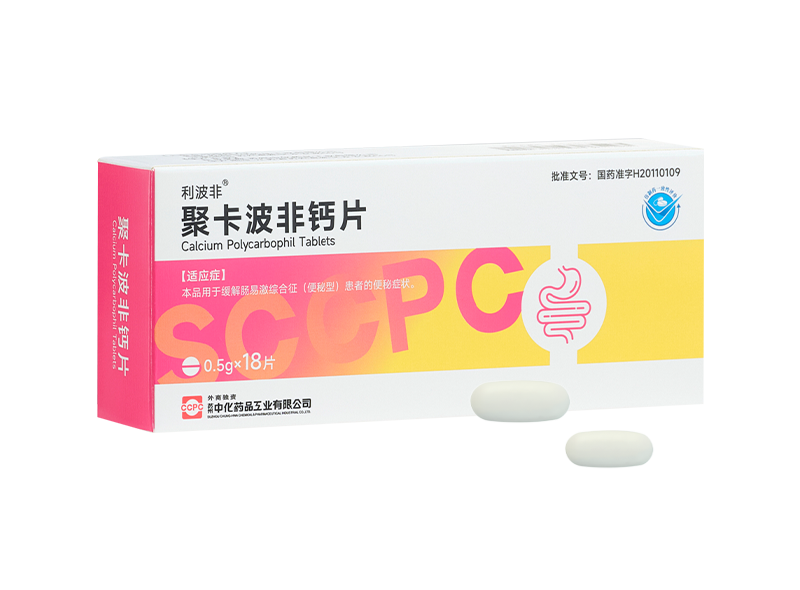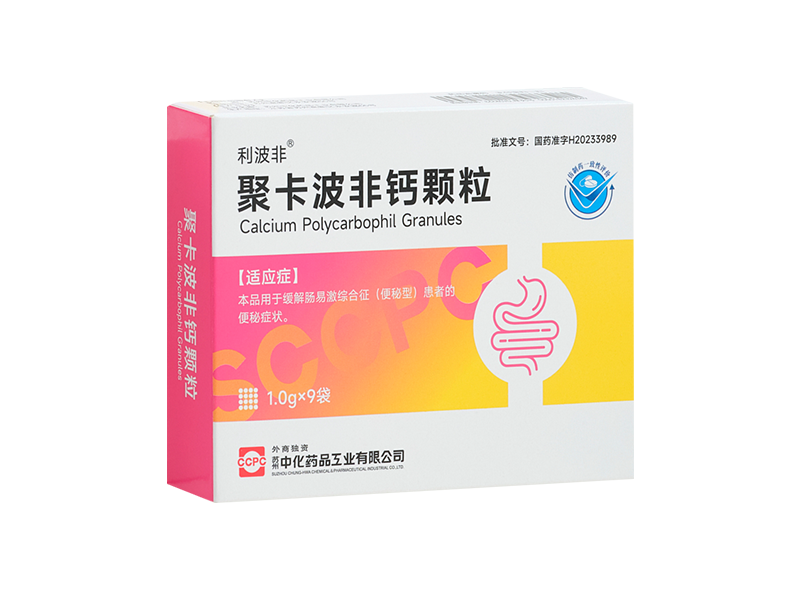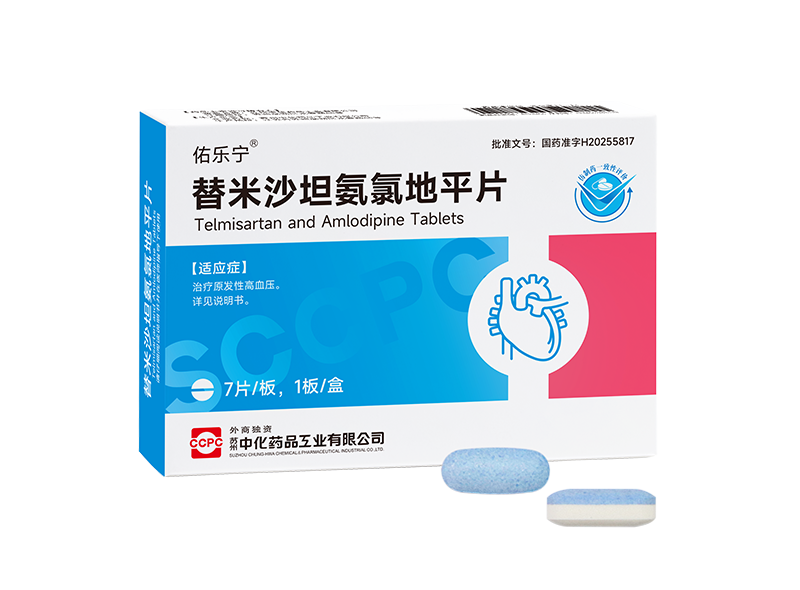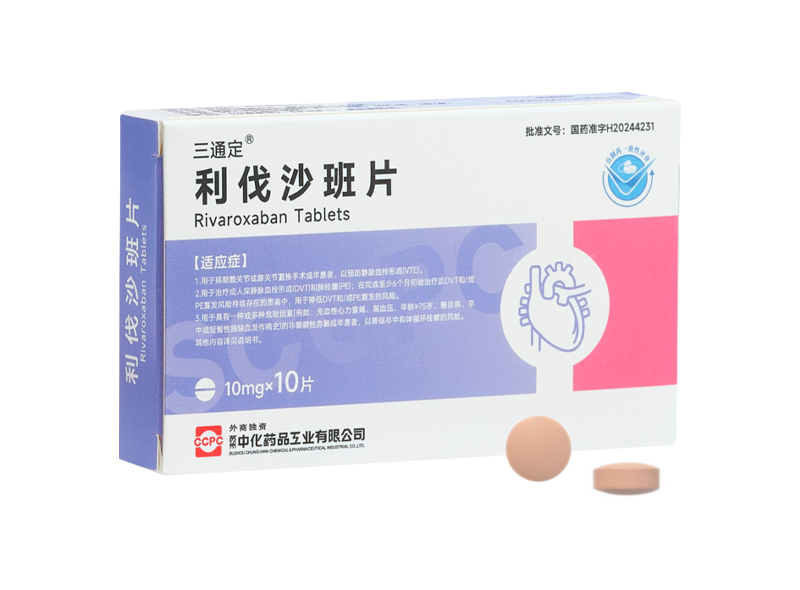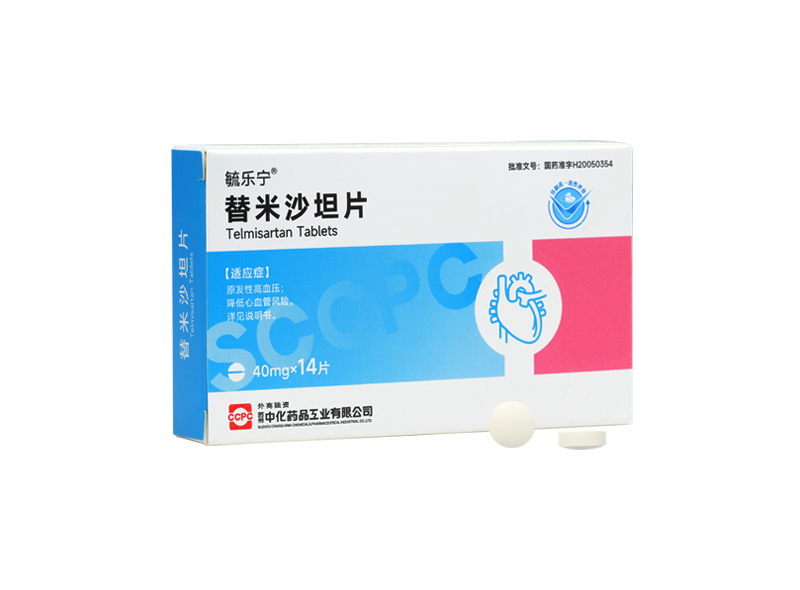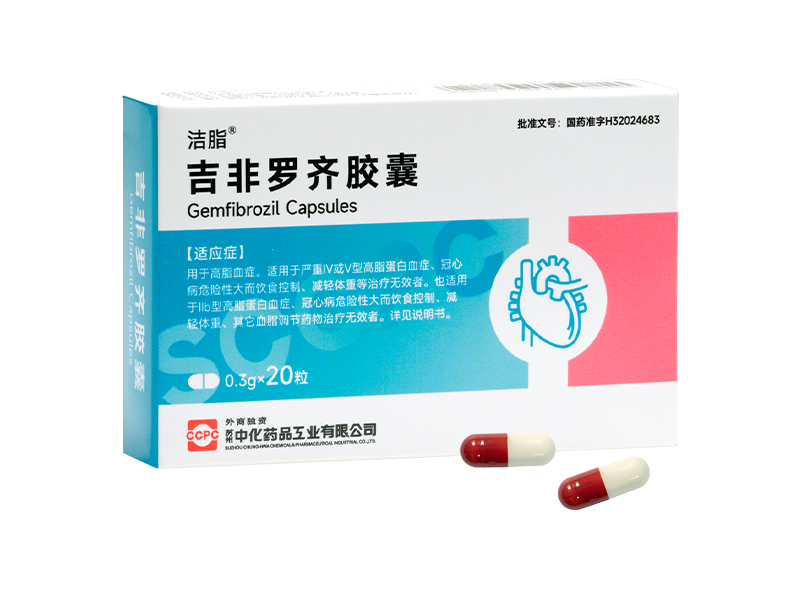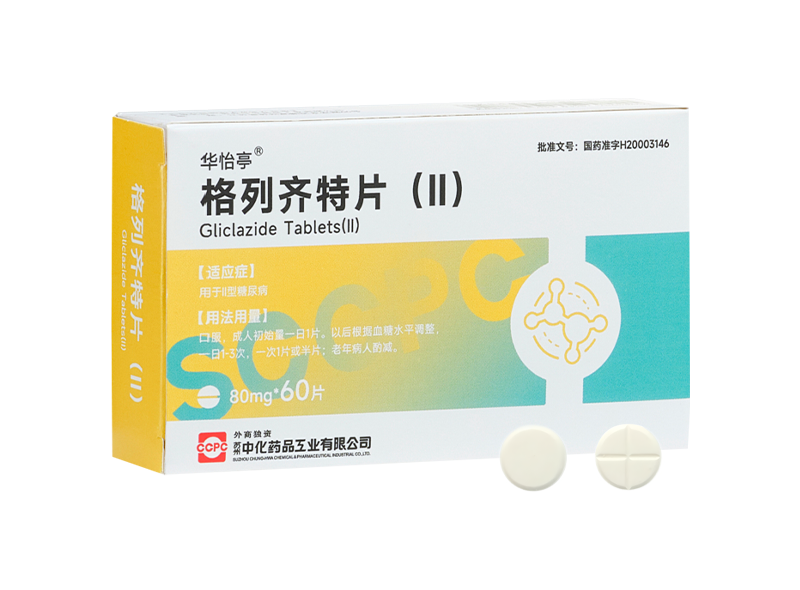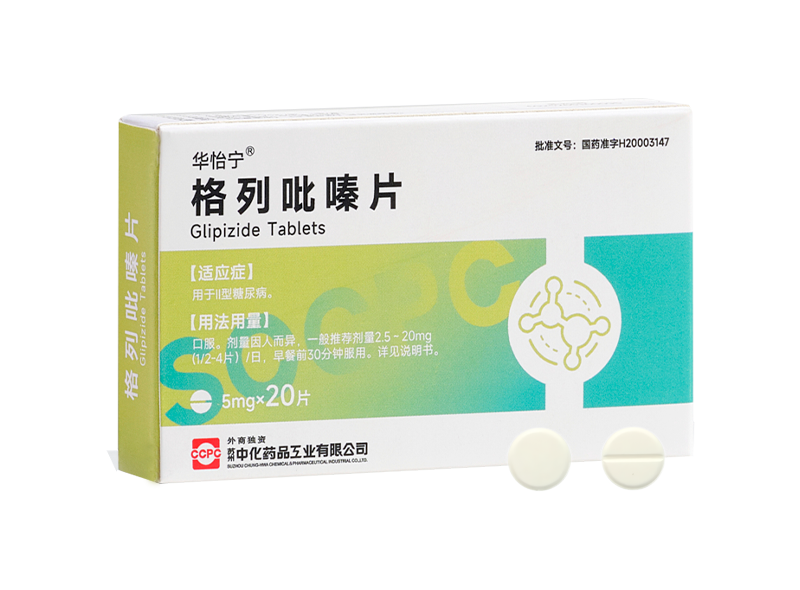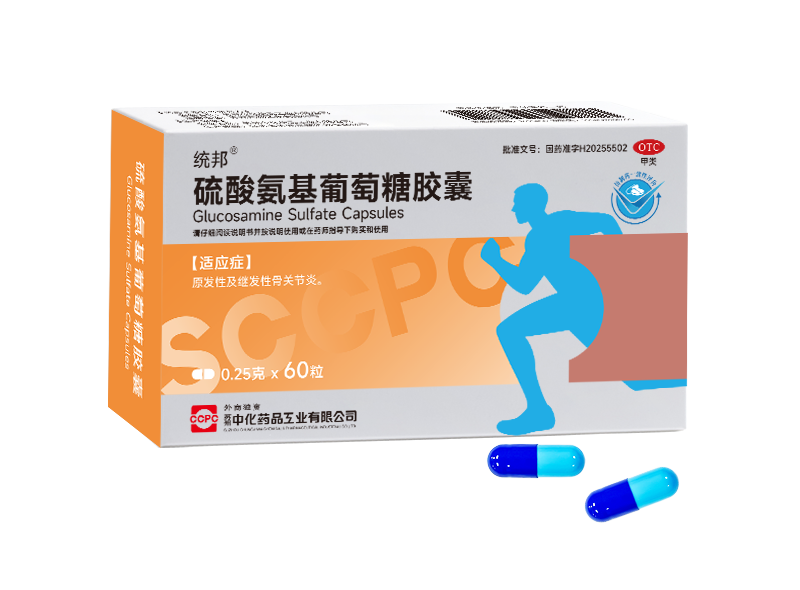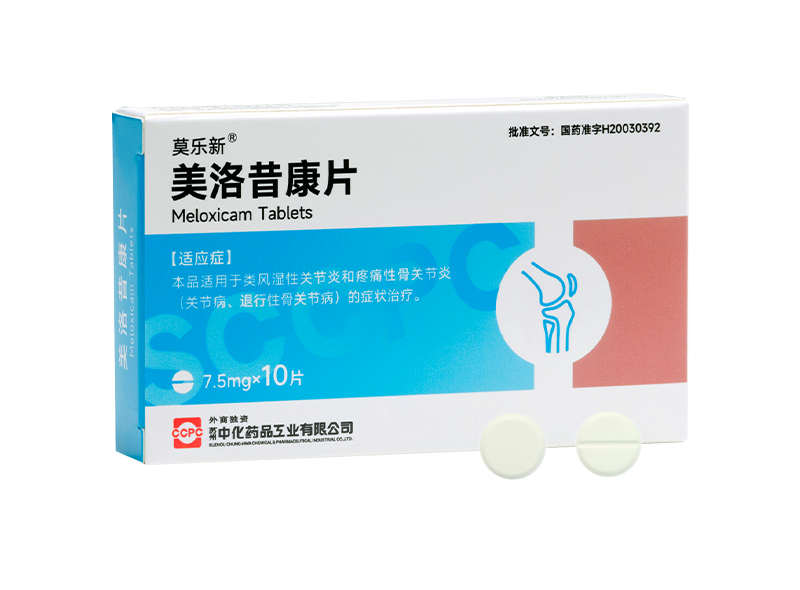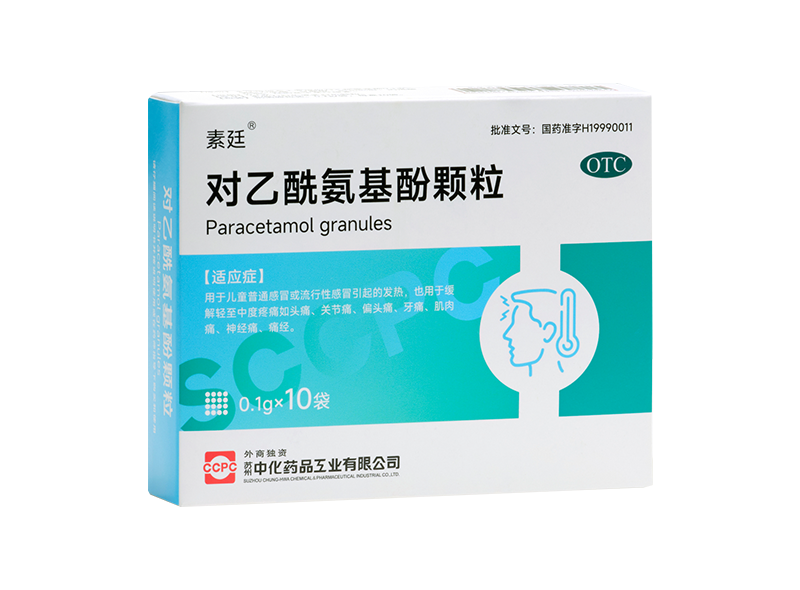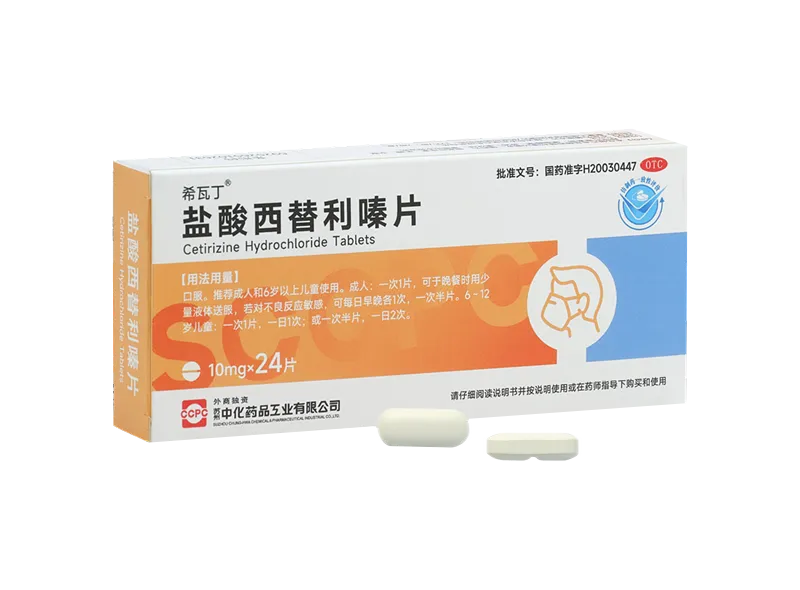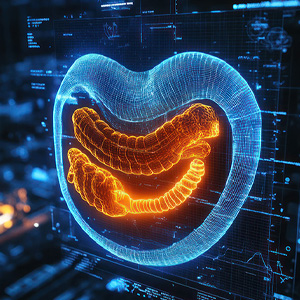May 29, 2025 is the 21st World Gut Health Day. As the "second brain" of the human body, the importance of the intestine is being re-recognized - it not only undertakes the basic physiological functions of nutrient absorption and waste excretion, but also forms a sophisticated network linkage with emotion regulation and immune defense through the "gut-brain axis". When the intestinal microecological homeostasis is unbalanced, functional intestinal diseases represented by chronic constipation will follow. Chronic constipation not only has a significant impact on the patient's quality of life, but is also likely to induce secondary pathological changes such as intestinal flora imbalance and colorectal mucosal damage. For this reason, the "Digestive World" column specially invited Professor Yang Chunmin of Beijing Electric Power Hospital to conduct a special interpretation. Focusing on the core content such as the pathogenesis of constipation and rational medication strategies, he launched a systematic and in-depth explanation on "how to scientifically prevent and treat constipation and constipation management for special populations".

Constipation is prevalent in today’s society. How should we respond to and treat constipation scientifically?
Professor Yang Chunmin:
Constipation is a common clinical symptom, mainly manifested as difficulty in defecation, reduced bowel movement frequency and changes in stool characteristics (such as hard and dry stool). At present, the prevalence of constipation in my country is increasing year by year. Its occurrence may be related to long-term sitting, insufficient dietary fiber intake, excessive mental stress, chronic diseases (such as diabetic neuropathy, hypothyroidism), drug side effects and age factors.
The treatment of constipation should follow the principle of "individualized and stepped management", based on non-drug intervention, combined with drug treatment when necessary, and focus on etiology screening and long-term management. The "Chinese Clinical Diagnosis and Treatment Guidelines for Chronic Constipation" published in 2024 further divides it into organic, drug-based and functional according to the cause. "Functional causes" include functional constipation (FC), functional defecation disorder (FDD) and constipation-predominant irritable bowel syndrome (IBS-C). Organic and drug-induced constipation should be treated mainly for the cause, and some laxatives can also be used to relieve the patient's symptoms, but care should be taken to avoid long-term use of irritating laxatives.
The principles of functional constipation treatment can be divided into basic treatment and drug treatment. Basic treatment mainly involves adjusting the patient's lifestyle, increasing the intake of dietary fiber (25-35g/d) and water (2L/d), increasing the amount of exercise, and urging the patient to develop good bowel habits. Patients are advised to defecate in the morning and two hours after meals. Generally, after getting up in the morning, the intestines will be in a state of stimulated movement. At this time, drinking water and proper exercise can stimulate defecation; after a meal, the gastrointestinal tract will have a gastrocolic reflex, which will cause the movement of the large intestine through the expansion of the stomach, thereby promoting defecation. If 4-8 weeks of basic treatment is ineffective, appropriate drug treatment can be considered.
Drug treatment includes bulk laxatives, osmotic laxatives, stimulant laxatives, secretagogues, prokinetics, and proecological preparations. The selection is based on the severity of the patient's condition. Among them, bulk laxatives are our first choice of clinical treatment. Taking calcium polycarbophil as an example, this drug can significantly improve the overall symptoms of patients with constipation (including difficulty in defecation, dry and hard stools, etc.), effectively increase the number of bowel movements, and is especially effective for patients with mild to moderate constipation. In addition, for mild to moderate constipation, osmotic laxatives such as polyethylene glycol can also be used, and the two can be used in combination if necessary; for patients with severe constipation, on the basis of bulk laxatives and osmotic laxatives, prokinetics (such as mosapride) need to be combined to enhance intestinal motility; if necessary, consider adding secretagogues or proecological preparations to improve the patient's constipation state.
What are the constipation management strategies for special groups such as the elderly, diabetics, and cancer patients?
Professor Yang Chunmin:
For special constipation groups such as the elderly, diabetics, and cancer patients, medication must fully consider the causes of their constipation, physiological characteristics, underlying diseases, and drug interactions.
How to manage bowel movements in the elderly
Constipation in the elderly is the result of multiple factors such as degenerative changes in intestinal function caused by aging, reduced exercise, and insufficient dietary fiber intake. First of all, lifestyle should be adjusted, such as improving eating habits and increasing exercise. Further drug treatment can be used. Most elderly patients with mild to moderate constipation prefer bulk laxatives. Such drugs stimulate intestinal peristalsis by increasing the volume of stool and are safer. For those with severe symptoms, a treatment plan of "bulk/osmotic laxatives combined with prokinetic drugs" can be used to improve defecation function through the synergistic effect of osmotic hydration and enhanced intestinal motility. For disease factors or drug-related constipation, it is necessary to fully communicate with clinical physicians to adjust the overall treatment plan. In general, the elderly have more underlying diseases, and bulk laxatives are preferred as basic medications. When constipation is acutely aggravated or fecal impaction occurs, stimulant laxatives or enema methods should be used with caution in the short term to assist defecation, and the medication cycle (usually about 3 days) must be strictly controlled.
How to manage bowel movements in cancer patients
Constipation in cancer patients is the result of the interweaving of multi-dimensional pathogenic factors. In addition to common causes such as tumor mass effect, changes in diet structure, reduced activity and psychological stress, drug-induced factors such as opioid analgesics, chemotherapy drugs and antiemetics are particularly critical. Data show that the incidence of constipation after chemotherapy alone is 16%~48%, while the incidence of constipation can be as high as 90% when chemotherapy is combined with antiemetics. Therefore, preventive intervention is required for drug-related constipation during anti-tumor treatment, such as the use of bulk laxatives when opioids are used. For constipation in cancer patients, the treatment plan is mainly based on Western medicine, and basic treatment requires simultaneous lifestyle intervention, such as water supplementation and exercise. Bulk laxatives can be used as drugs. If constipation is caused by taking analgesic opioids, osmotic laxatives or secretagogues can be used in combination if oral bulk laxatives are ineffective.
How to manage bowel movements in patients with diabetes
Constipation in diabetic patients is a common digestive tract complication in clinical practice. Epidemiological data show that about 25% of diabetic patients suffer from this problem. Its pathogenesis presents multidimensional characteristics, mainly including hyperglycemia and dehydration, drugs, diet, psychological factors, diabetic autonomic neuropathy, etc. For the management of constipation in diabetic patients, blood sugar control is the basis, but attention should be paid to the particularity of its treatment methods. Among the current clinical options, bulk laxatives are mainly used, such as calcium polycarbophil. Because of its characteristics of not affecting blood sugar metabolism, it can be used as the first-line drug of choice. The combination of calcium polycarbophil and osmotic laxatives can synergistically soften stools, which is especially suitable for patients with diabetes or renal insufficiency.
Constipation is a common digestive system disease and its harm cannot be ignored, especially for special groups such as the elderly, cancer patients and diabetics. Therefore, it is important to prevent and treat constipation scientifically. When abnormal defecation occurs, you should seek medical attention in time to clarify the type of constipation and lay the foundation for precise intervention. In terms of treatment, you should first start with improving your lifestyle, including maintaining proper exercise and a reasonable diet. If these measures are not effective, you can consider using medication. As long as you develop a healthy lifestyle and use scientific and reasonable medications, constipation problems can be effectively prevented and alleviated.
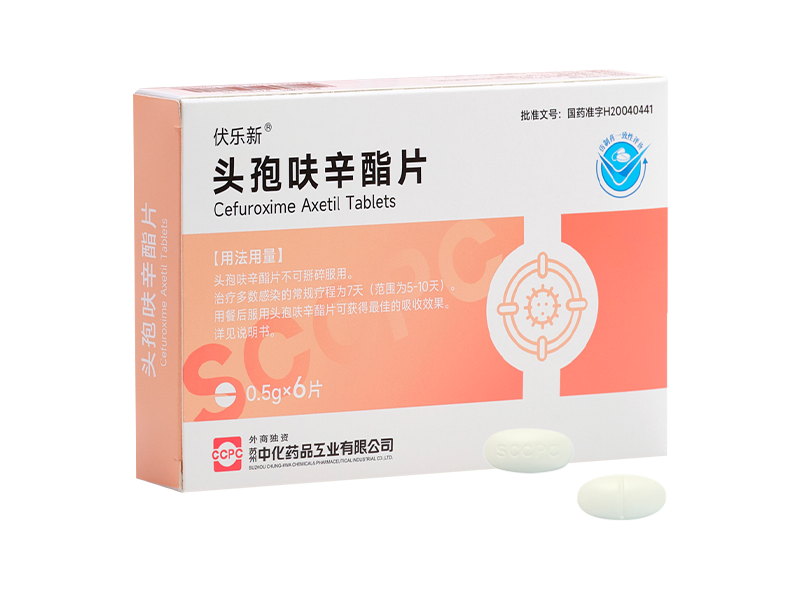 Fulexin® Cefuroxime Axetil Tablets
Fulexin® Cefuroxime Axetil Tablets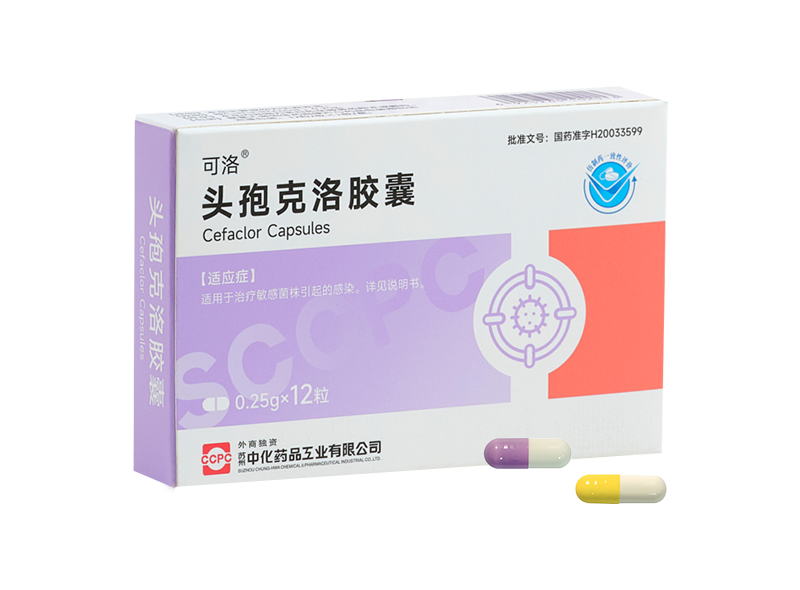 Keluo® Cefaclor Capsules
Keluo® Cefaclor Capsules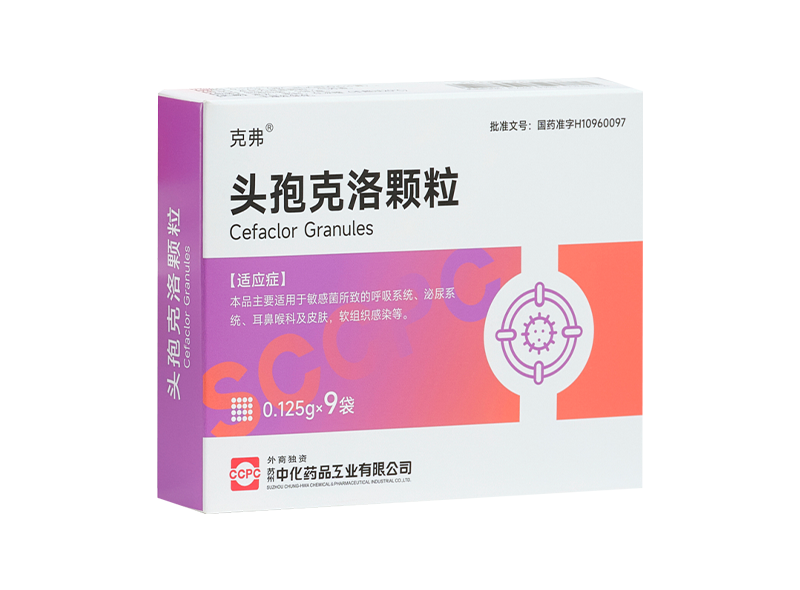 Kefu® Cefaclor Granules
Kefu® Cefaclor Granules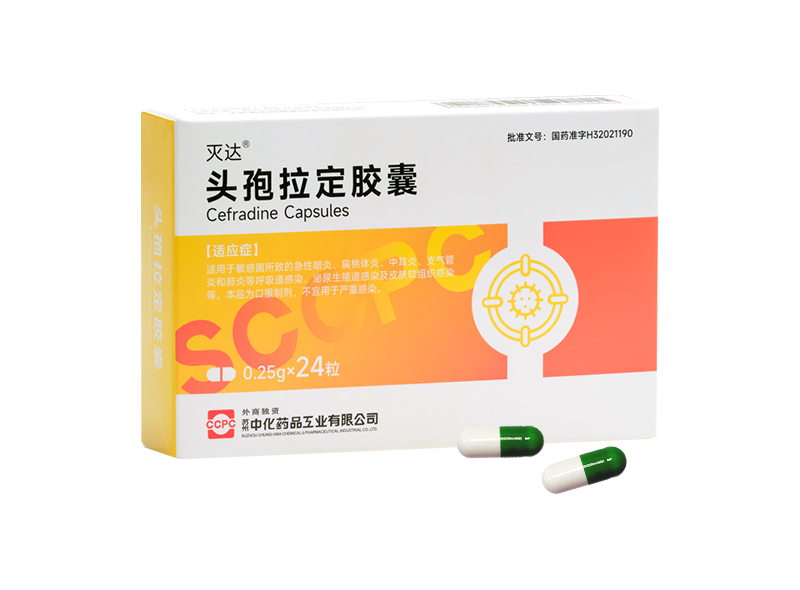 Mieda® Cefradine Capsules
Mieda® Cefradine Capsules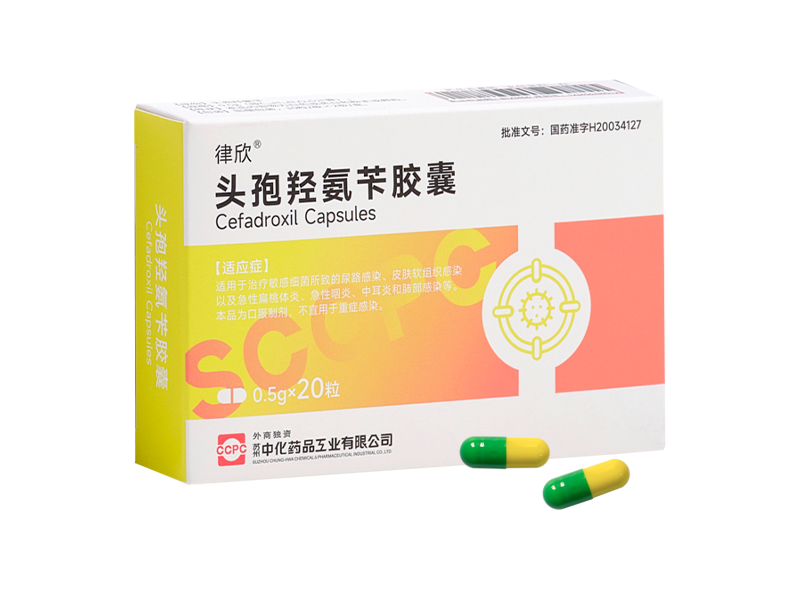 Lvxin® Cefalexin Capsules
Lvxin® Cefalexin Capsules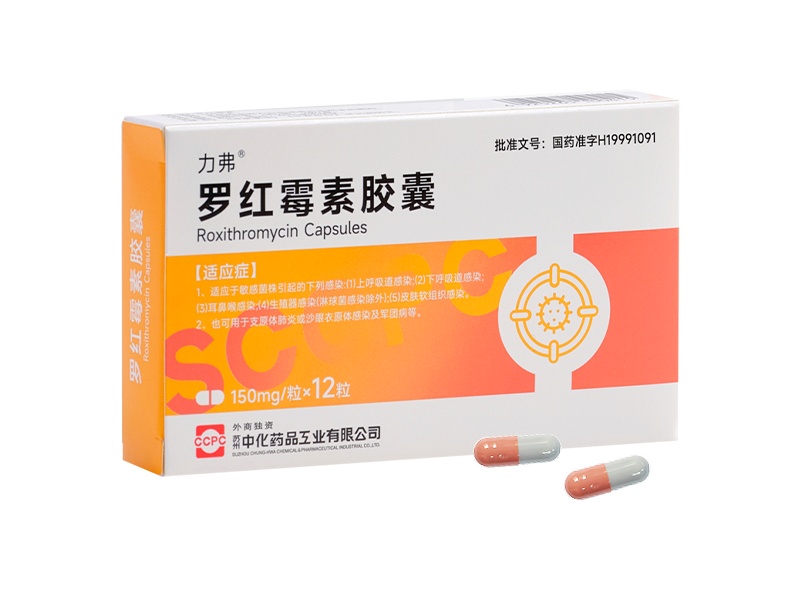 Lifu® Roxithromycin Capsules
Lifu® Roxithromycin Capsules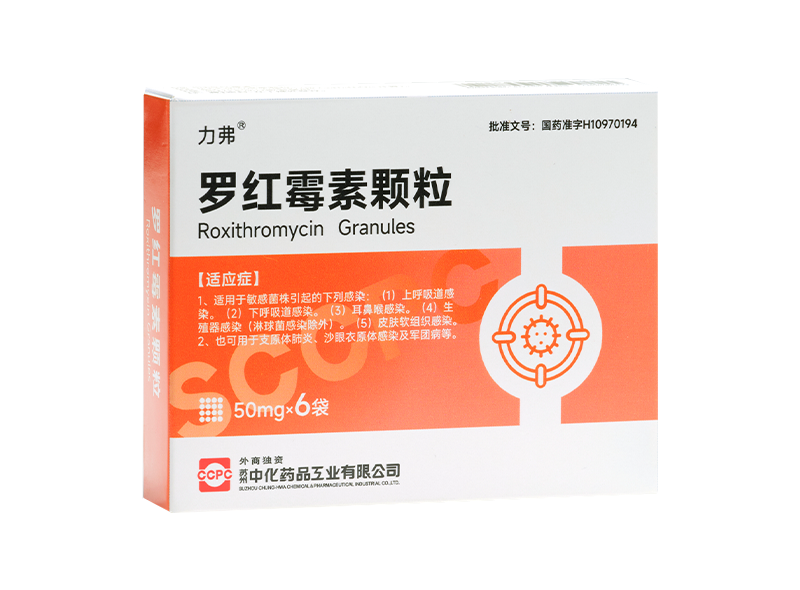 Lifu® Roxithromycin Granules
Lifu® Roxithromycin Granules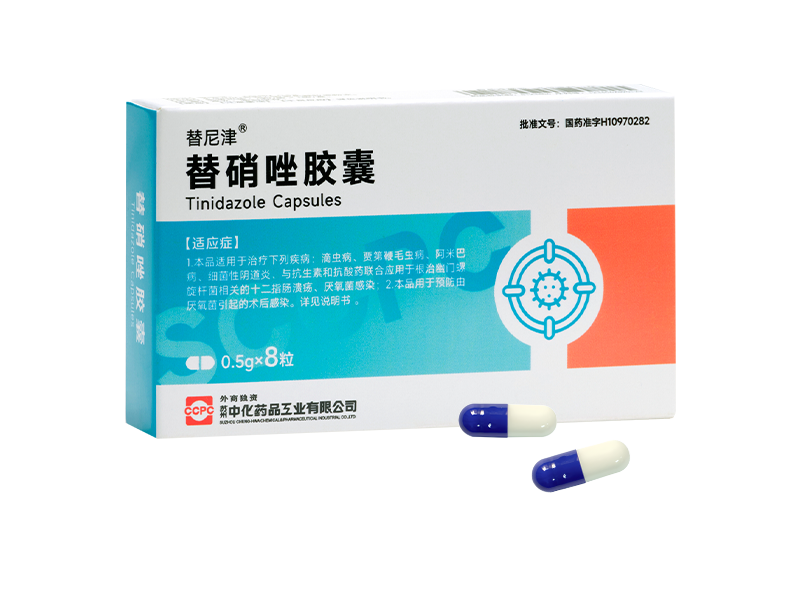 Tinijin® Tinidazole Capsules
Tinijin® Tinidazole Capsules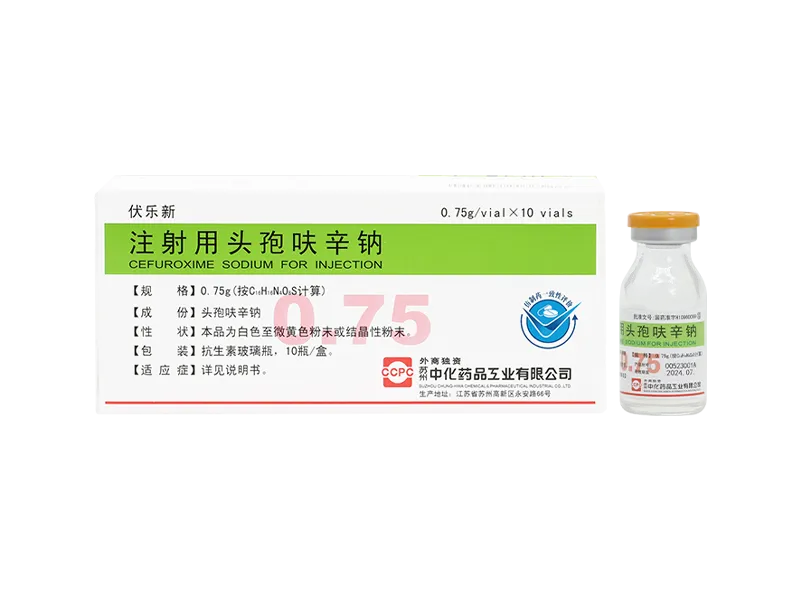 Fulexin® Cefazolin Sodium for Injection
Fulexin® Cefazolin Sodium for Injection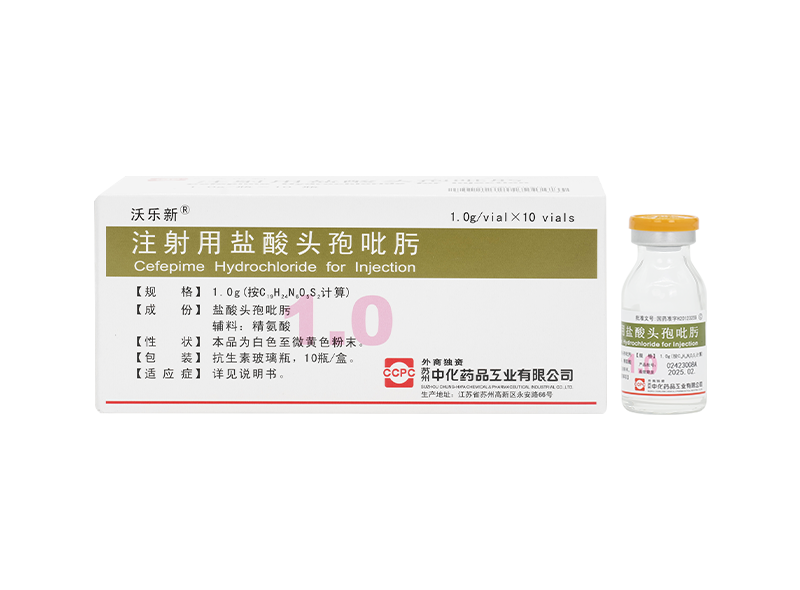 Wolexin® Cefepime Hydrochloride for Injection
Wolexin® Cefepime Hydrochloride for Injection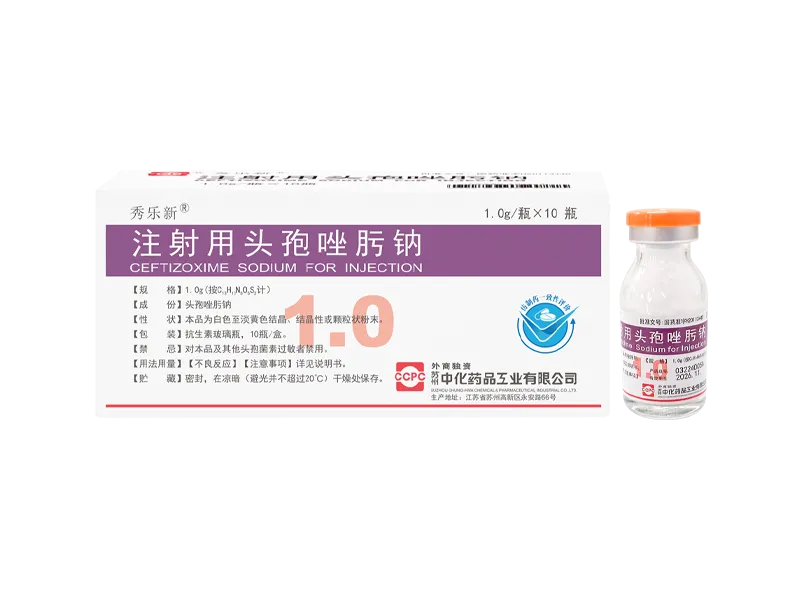 Xiulexin® Ceftizoxime Sodium for Injection
Xiulexin® Ceftizoxime Sodium for Injection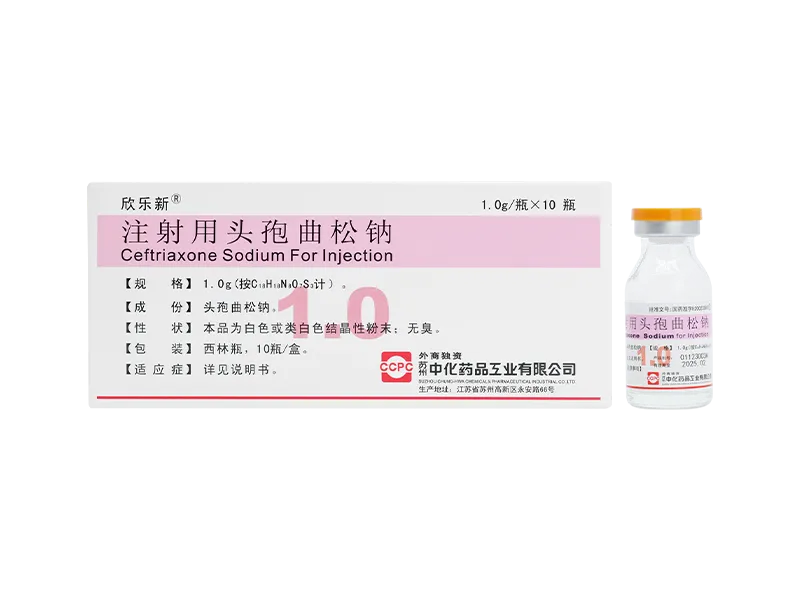 Xinlexin® Ceftriaxone Sodium for Injection
Xinlexin® Ceftriaxone Sodium for Injection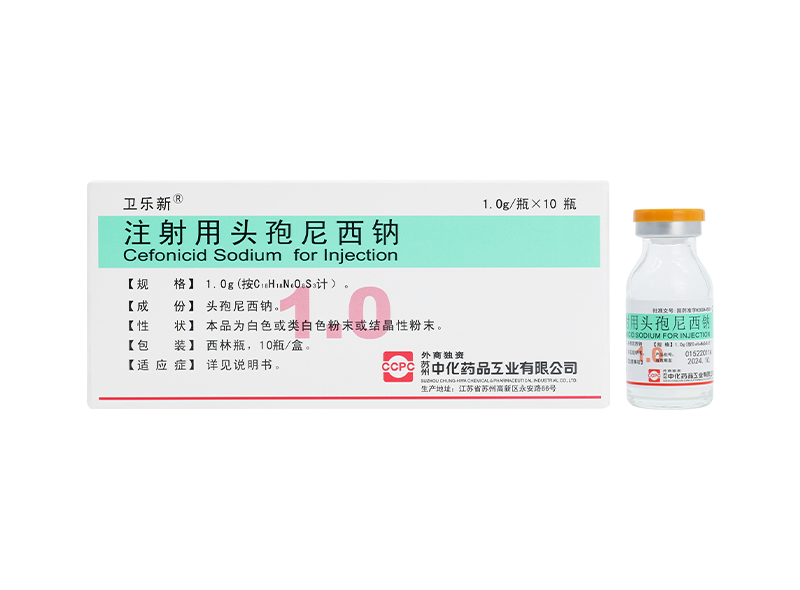 Weilexin® Cefonicid Sodium for Injection
Weilexin® Cefonicid Sodium for Injection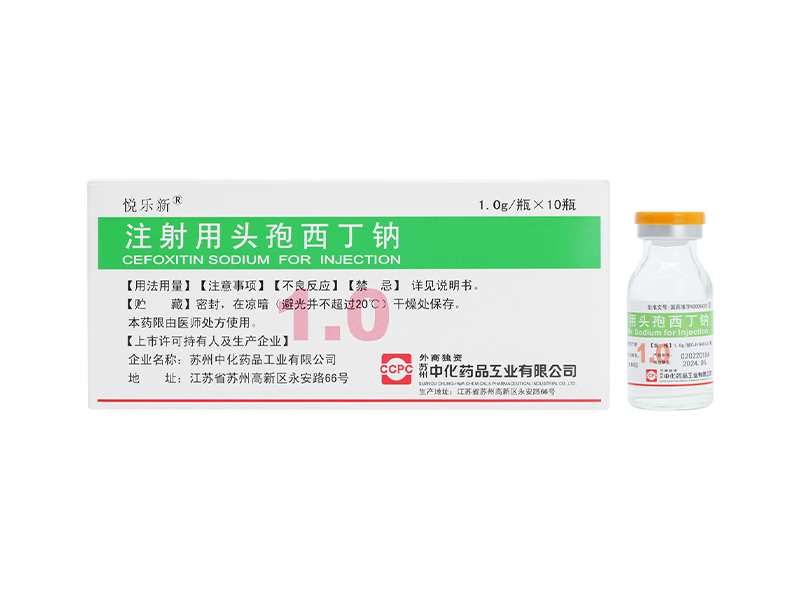 Yuelexin® Cefoxitin Sodium for Injection
Yuelexin® Cefoxitin Sodium for Injection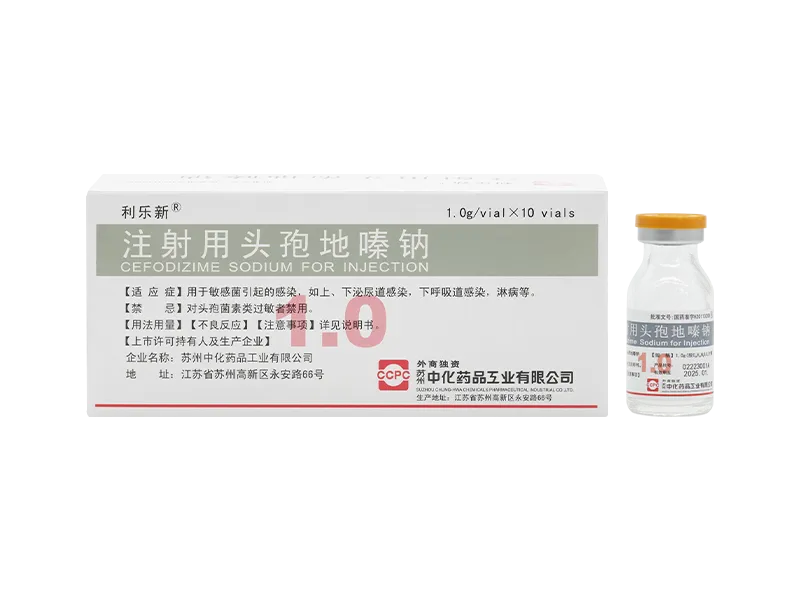 Lilexin® Cefodizime Sodium for Injection
Lilexin® Cefodizime Sodium for Injection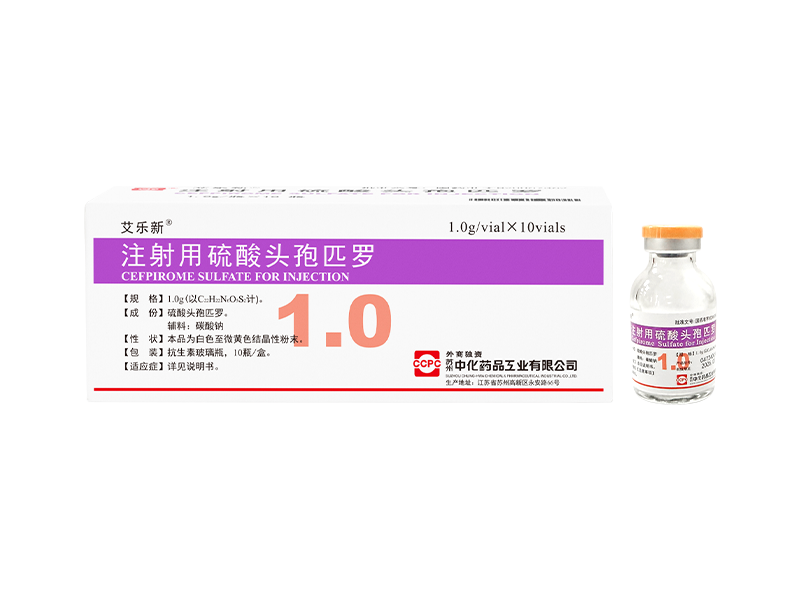 Ailexin® Cefpirome Sulfate for Injection
Ailexin® Cefpirome Sulfate for Injection
